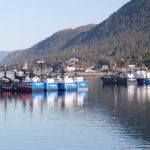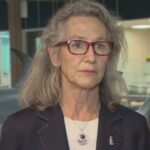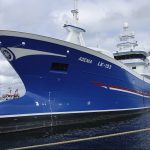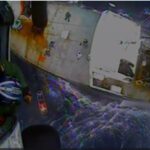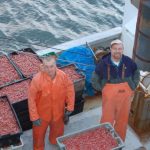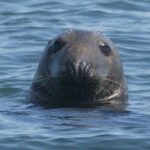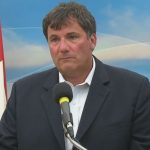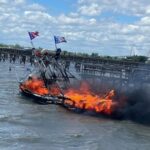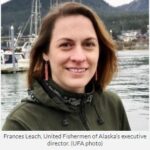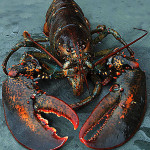FISH-NL calls on C-NLOPB to suspend seismic work in light of potential impact on basis of marine food chain
 FOR IMMEDIATE RELEASE June 30th, 2017
FOR IMMEDIATE RELEASE June 30th, 2017
The Federation of Independent Sea Harvesters of Newfoundland and Labrador (FISH-NL) has requested that the C-NLOPB immediately suspend seismic work off Newfoundland and Labrador in light of a new study that found the intense acoustic signals may damage critical elements of the marine food chain.
“With most commercial fish stocks at or near critical levels our first priority must be the health of our renewable marine resources,” says Ryan Cleary, President of FISH-NL, who made the request Thursday in a letter to Scott Tessier, chair and executive officer of the C-NLOPB.
“The potential impact of seismic testing on the marine environment — combined with a potential conflict of interest in which the best interests of inshore harvesters may not be represented — should compel the C-NLOPB to act,” Cleary wrote in the letter.
The amount of seismic scheduled for 2017 has been described in the media as “super-sized.” Natural Resources Minister Siobhan Coady has said the 3D program is “one of the largest currently underway in the world”, and the 2D program is “unrivalled” in the modern exploration era.
At the same time, a study released earlier this month in the journal Nature Ecology & Evolution concluded that intense acoustic signals used in oil and gas exploration cause significant damage to zooplankton populations that are critical elements of the marine food chain.
The findings are concerning, because zooplankton — which include worms, crustaceans like krill, and many other tiny animals that drift near the ocean surface — provide sustenance for species higher in the food chain. Healthy populations of fish, for example, aren’t possible without them.
Local fish harvesters have long expressed concern of the potential impact of seismic blasting on the larva of various fish species that are found throughout the water column.
Given that most commercial stocks such as shrimp and cod are at or near critical levels, FISH-NL recommends that the C-NLPB proceed with extreme caution and immediately suspend seismic work off Newfoundland and Labrador until the activity can be reevaluated.
FISH-NL also expressed concern to the C-NLOPB over the FFAW-Unifor’s “cozy” relationship with offshore oil companies. Questions have been raised about the amount of money the oil industry contributes to the FFAW-Unifor, which the union won’t reveal.
The conflict of interest, real or perceived, undermines the faith of harvesters in the established powers that be to ensure that the health of marine resources is the highest priority.
The FFAW-Unifor is generally seen as quiet regarding the offshore oil industry’s exploration and drilling activities off Newfoundland and Labrador, which, for many inshore harvesters, begs the question why.
The former Obama administration in the U.S. had blocked seismic testing for oil in the Atlantic Ocean, but President Donald Trump is set to allow it — to growing opposition from environmental groups.
Some experts say seismic testing off the U.S., which would map potential driving sites from Delaware to central Florida, could harm thousands of animals and affect coastal communities.
More than 100 East Coast cities and towns, a range of commercial and recreational fishing groups and an alliance representing nearly 40,000 businesses have publicly opposed air-gun blasting
Contact: Ryan Cleary 682 4862

































